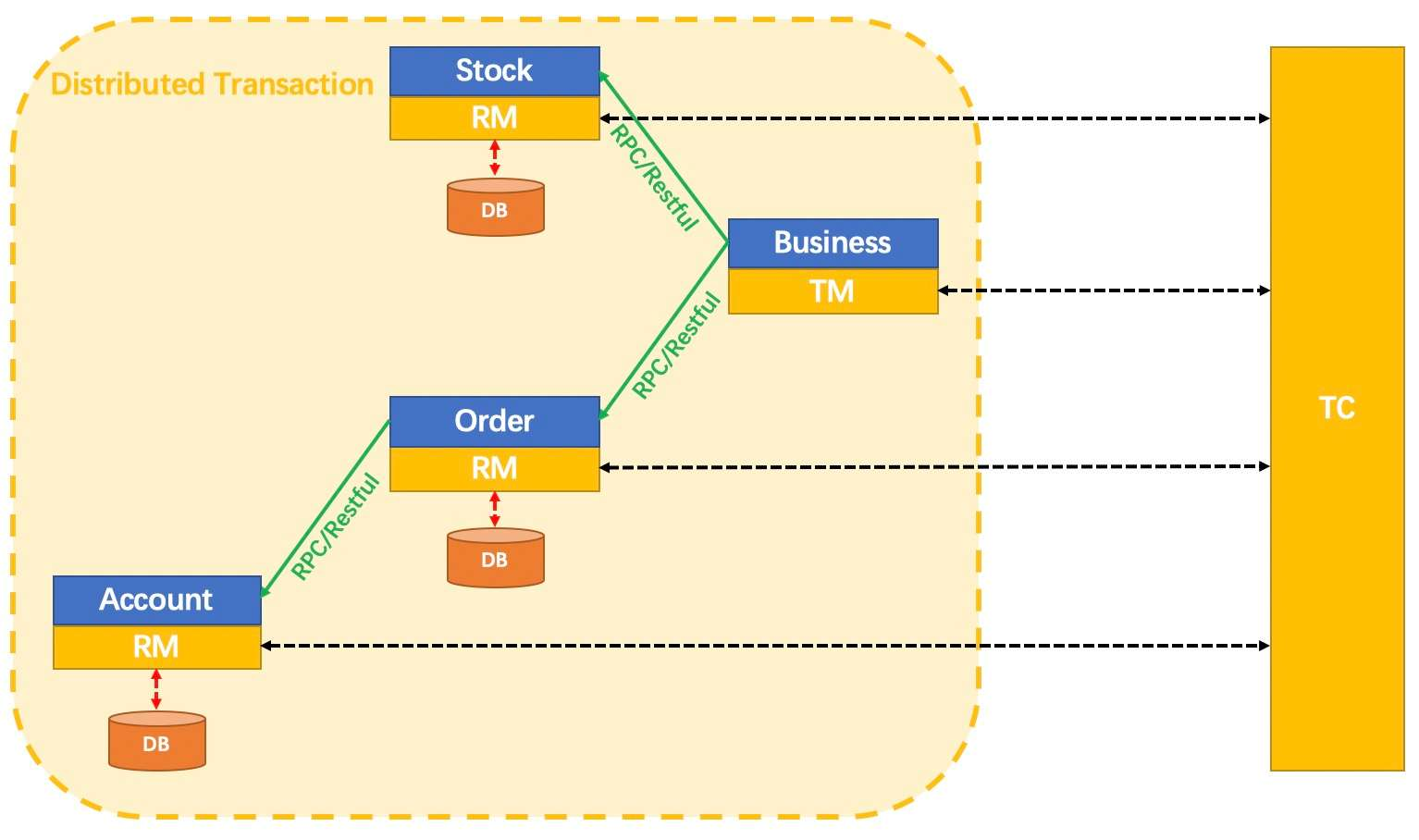
Security News
Weekly Downloads Now Available in npm Package Search Results
Socket's package search now displays weekly downloads for npm packages, helping developers quickly assess popularity and make more informed decisions.
seata.apache.org/seata-go
Seata is a very mature distributed transaction framework, and is the de facto standard platform for distributed transaction technology in the Java field. Seata-go is the implementation version of go language in Seata multilingual ecosystem, which realizes the interoperability between Java and Go, so that Go developers can also use seata-go to realize distributed transactions. Please visit the official website of Seata to view the quick start and documentation.
The principle of seata-go is consistent with that of Seata-java, which is composed of TM, RM and TC. The functions of TC reuse Java, and the functions of TM and RM will be aligned with Seata-java later. The overall process is as follows:

if you want to know how to use and integrate seata-go, please refer to seata/seata-go-samples
Seata-go is currently in the construction stage. Welcome colleagues in the industry to join the group and work with us to promote the construction of seata-go! If you want to contribute code to seata-go, you can refer to the code contribution Specification document to understand the specifications of the community, or you can join our community DingTalk group: 33069364 and communicate together!

Seata-go uses Apache license version 2.0. Please refer to the license file for more information.
FAQs
Unknown package
Did you know?

Socket for GitHub automatically highlights issues in each pull request and monitors the health of all your open source dependencies. Discover the contents of your packages and block harmful activity before you install or update your dependencies.

Security News
Socket's package search now displays weekly downloads for npm packages, helping developers quickly assess popularity and make more informed decisions.

Security News
A Stanford study reveals 9.5% of engineers contribute almost nothing, costing tech $90B annually, with remote work fueling the rise of "ghost engineers."

Research
Security News
Socket’s threat research team has detected six malicious npm packages typosquatting popular libraries to insert SSH backdoors.